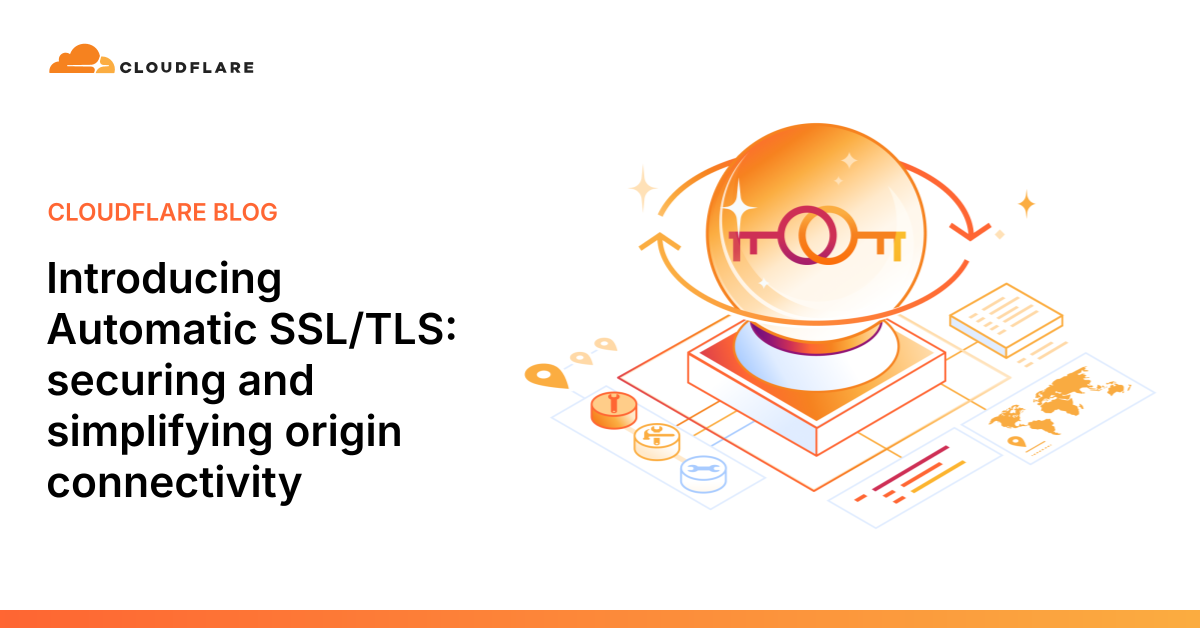- TechOps Examples
- Posts
- MLOps Work Load Orchestration (AWS Recommended)
MLOps Work Load Orchestration (AWS Recommended)
Good day. It's Wednesday, Aug. 21, and in this issue, we're covering:
MLOps Work Load Orchestration (AWS Recommended)
Introducing AutoMQ: a cloud-native replacement of Apache Kafka
AWS Lambda introduces recursive loop detection APIs
Introducing Automatic SSL/TLS: securing and simplifying origin connectivity
How to Manage Terraform State with GitLab [Tutorial]
Azure Quickstart Templates
You share. We listen. As always, send us feedback at [email protected]
Before moving ahead....a great news ✋
We partnered with Growth School to bring you this FREE offering.
FREE AI & ChatGPT Masterclass to automate 50% of your workflow
More than 300 Million people use AI across the globe, but just the top 1% know the right ones for the right use-cases.
Join this free masterclass on AI tools that will teach you the 25 most useful AI tools on the internet – that too for $0 (they have 100 free seats only!)
This masterclass will teach you how to:
Build business strategies & solve problems like a pro
Write content for emails, socials & more in minutes
Build AI assistants & custom bots in minutes
Research 10x faster, do more in less time & make your life easier
You’ll wish you knew about this FREE AI masterclass sooner 😉
Use Case
MLOps Work Load Orchestration (AWS Recommended)
MLOps is the most happening topic in AI, seamlessly merging data science with IT operations to streamline and scale machine learning in production.
This illustration will help simplify the understanding of MLOps workload orchestration on AWS.

Ref: AWS White Paper
The MLOps load orchestration can be broken down into the following steps:
The Orchestrator (solution owner or DevOps engineer) starts the solution in the AWS account, selecting options like Amazon SageMaker model registry or an existing S3 bucket.
The Orchestrator uploads necessary assets (model artifacts, training data, etc.) to the S3 bucket. If using SageMaker model registry, they register the model.
The solution creates an AWS CodePipeline by either triggering an API call to API Gateway or pushing the
mlops-config.jsonto Git. The AWS Lambda function packages the CloudFormation template using the provided configurations.The DeployPipeline stage uses the packaged CloudFormation template to deploy the pipeline in the account.
Once deployed, users access the pipeline's features, and an Amazon SNS notification is sent to the specified email.
Remember, successful MLOps requires careful orchestration—overlooking would lead to missteps, mishaps, and missed opportunities.
p.s. if you think someone else you know may like this newsletter, share with them to join here
Tool Of The Day
Prowler is an Open Source Security tool for AWS, Azure, GCP and Kubernetes to do security assessments, audits, incident response, compliance, continuous monitoring, hardening and forensics readiness.
Trends & Updates
Resources & Tutorials
Picture Of The Day
07 Apr 2005: Very first commit Linus Torvalds made on git.

Did someone forward this email to you? Sign up here
Interested in reaching smart techies?
Our newsletter puts your products and services in front of the right people - engineering leaders and senior engineers - who make important tech decisions and big purchases.








